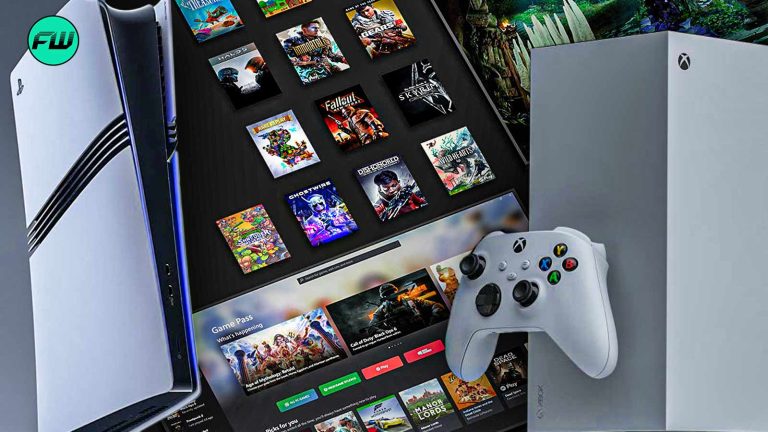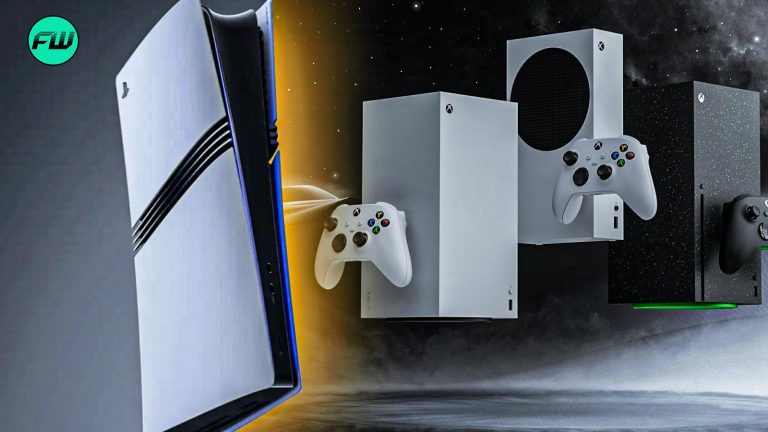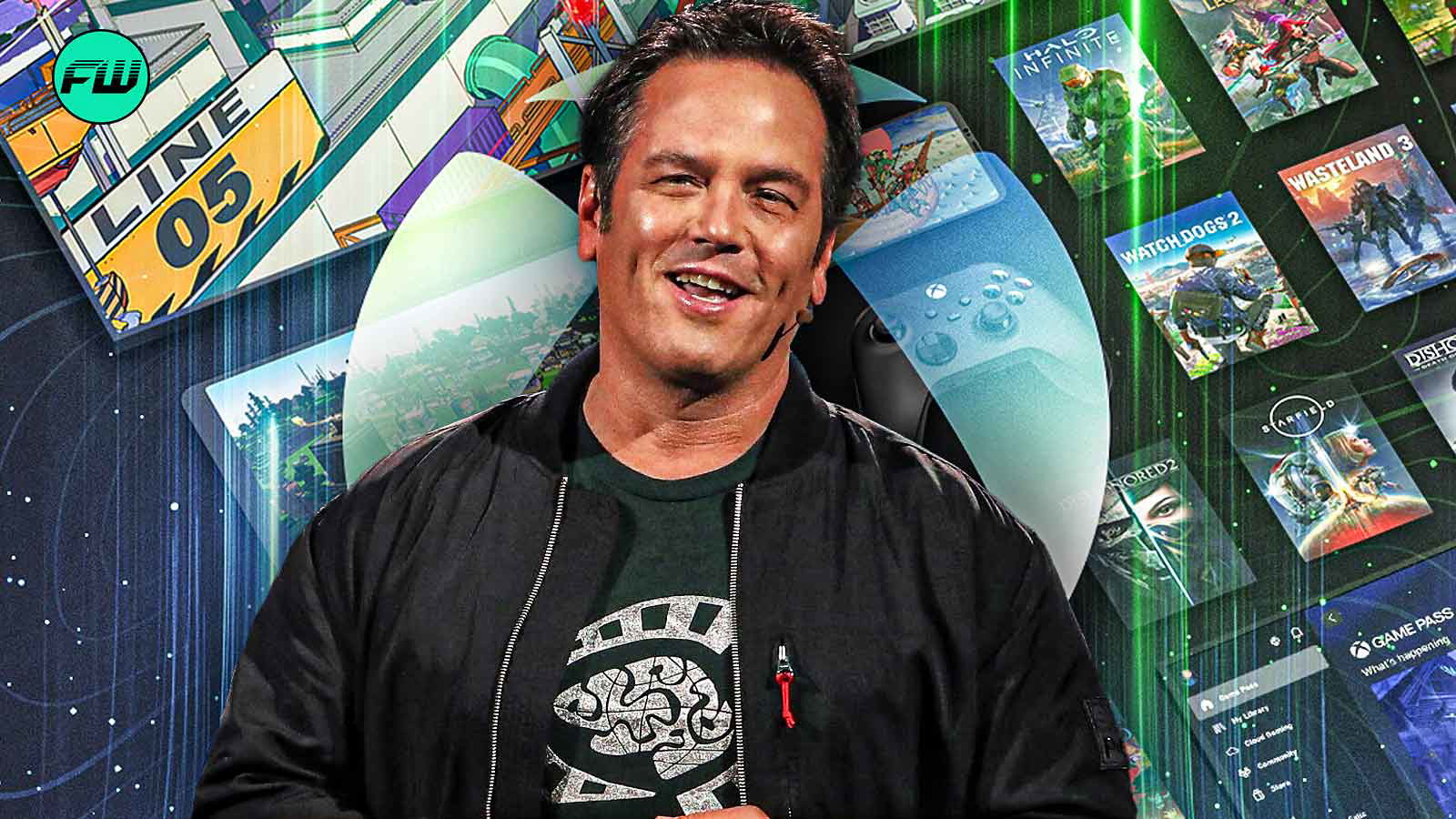
The gaming industry is witnessing a remarkable shift in how platform holders view their content. While some companies still jealously guard their exclusives like dragons hoarding gold, Phil Spencer and Xbox have been championing a different philosophy—one that puts player choice above platform boundaries.
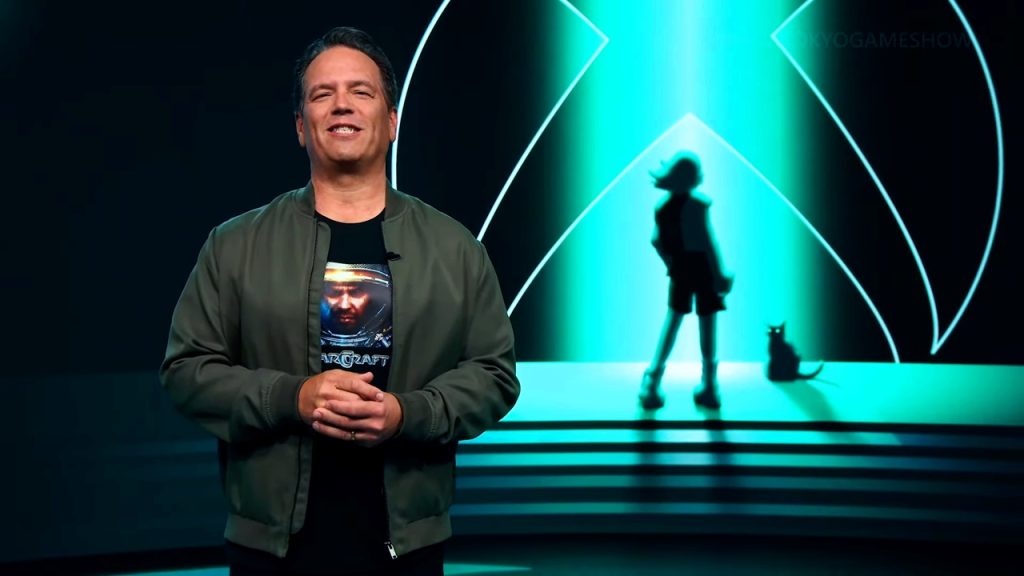
In a recent interview with XboxEra, Spencer doubled down on this approach, explaining how Xbox’s strategy isn’t about forcing players to switch platforms anymore. Instead, it’s about meeting gamers wherever they prefer to play while ensuring their game libraries remain accessible across generations.
As we are aware, this refreshing take on gaming accessibility isn’t just talk—Xbox’s actions over the past year have consistently backed up Spencer’s words. From bringing beloved franchises to other platforms to strengthening their commitment to backward compatibility, Xbox is rewriting the rules of platform ownership.
Xbox is building bridges, not walls
The traditional console war mentality has always been about building walls—exclusive games that force players to choose one platform over another. But Xbox’s recent moves suggest they’re more interested in building bridges, and their 61% revenue growth in Q1 2025 (via Microsoft) suggests they might be onto something.
Speaking to XboxEra, Spencer laid out their evolving philosophy with refreshing honesty:
I’m not trying to move them all over to Xbox anymore. People were all so invested in where our games are. Let’s just allow more people to play.
This isn’t just about being nice—it’s smart business. The revenue from multiplatform releases is helping fuel the company’s ambitious plans:
The 70% that we make on games on other platforms is helpful to us being able to build great portfolios like we showed at the Dev Direct.
And it all comes down to one simple philosophy that Spencer emphasized throughout the interview:
I think we’ve shown respect for people’s libraries over the generations with back-compat and Play Anywhere, and I want to continue to do that. You can buy every game that’s in Game Pass, we’re not trying to funnel everybody into one business model. Play the games the way you want to play them.
But what about the loyal Xbox fans who worry this might diminish their platform of choice? Spencer addressed these concerns head-on:
I want to show respect to the people who voice their concerns. To me, like I get it. And I would never disrespect anybody who comes to me, concerned. I’ve got a library of games on Xbox console. I want to make sure I’ll continue to be able to play those games.
This commitment to preserving player libraries while expanding access shows a deep understanding of both business realities and player needs. It’s not about abandoning the Xbox ecosystem—it’s about growing it in a way that benefits everyone.
The end of the console wars?
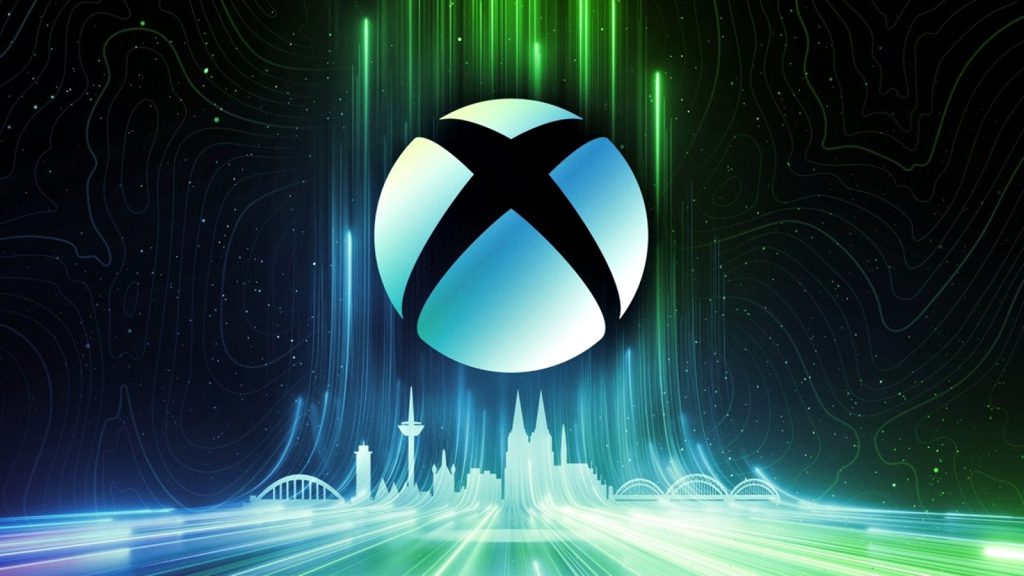
While some might view Xbox’s multiplatform strategy as a retreat from the console space, the reality couldn’t be more different. Phil Spencer‘s vision isn’t about abandoning hardware—it’s about fundamentally changing how we think about gaming platforms altogether.
It doesn’t really benefit people to gatekeep games. It used to be the fact that the largest thing in our industry were the platforms. The largest thing now are the games, and I think that’s a good thing for the games industry.
This shift in thinking seems to be catching on. Even Sony, long known for its iron grip on exclusives, appears to be reconsidering its stance. Recent reports suggest more PlayStation titles are eyeing quicker PC releases, with some former exclusives potentially making their way to Xbox consoles in 2025.
The implications of this industry-wide shift are massive. For developers, it means larger potential audiences for their games. For players, it means more choice in how and where they play. And for the industry as a whole, it might just mean the end of artificial barriers that have long divided gaming communities. As Spencer puts it:
I want to build a platform that services creators that are trying to meet people on every screen.
The gaming landscape is clearly evolving beyond the traditional console war mentality, and Xbox’s success with this approach might just be the push other platform holders need. After all, when everyone’s focused on making great games accessible to more players—rather than hoarding them behind platform walls—everybody wins!
What do you think about Xbox’s approach to gaming accessibility? Should other platform holders follow their lead? Share your thoughts in the comments below!
This post belongs to FandomWire and first appeared on FandomWire
